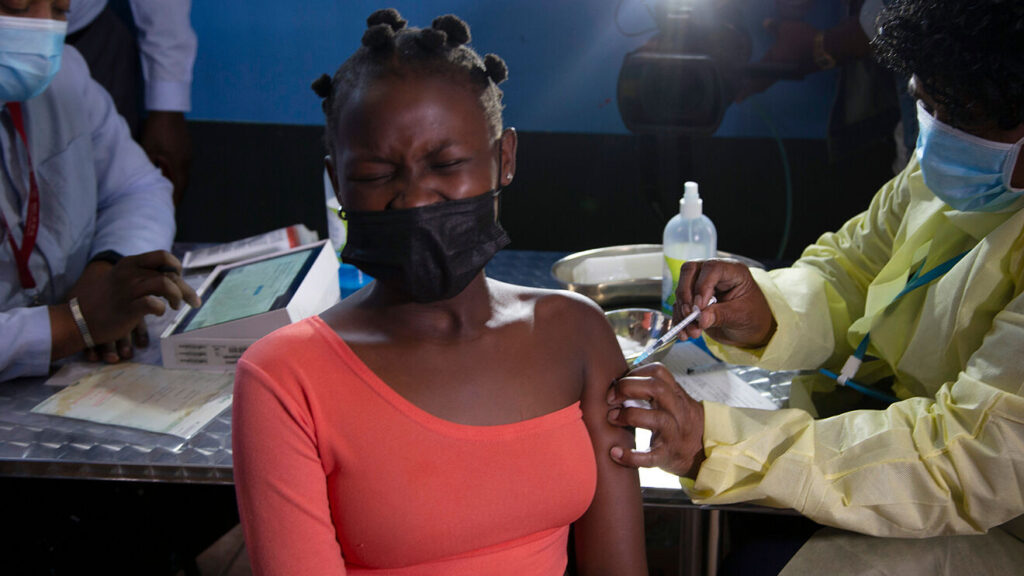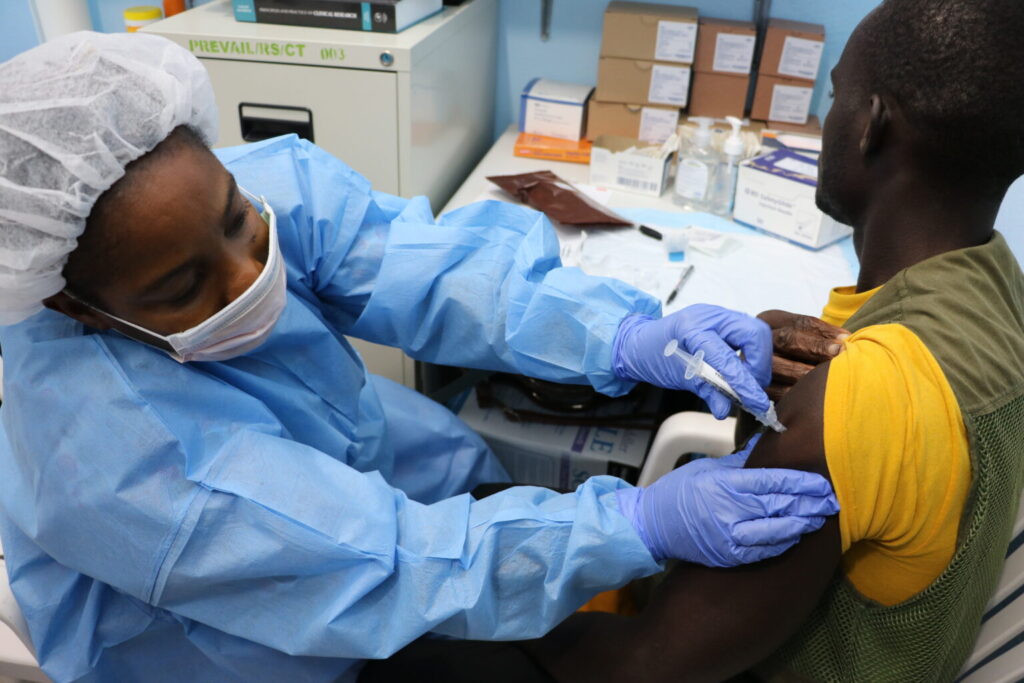Community Multi-Stakeholder Advocacy NCD Health Care Project – Ongoing.

Community Multi‑Stakeholder Advocacy NCD Health Care Project, currently being implemented by SADO in the Busoga sub-region:
🏛️ 1. Project Context & Objective
- This initiative is part of SADO’s broader strategy to strengthen NCD (non‑communicable diseases) care in eastern Uganda, alongside other programs including food security, capacity building, and digital health systems.
- The core aim is to bring together multiple stakeholders—local communities, health workers, civil society organizations (CSOs), policymakers, and local leaders—to enhance advocacy, accountability, and quality of NCD services at community and health facility levels.
2. Stakeholder Collaboration & Roles
- Community groups (e.g., Village Health Teams, Patient Advocates) are mobilized to monitor and provide feedback on NCD services, echoing approaches used in maternal health initiatives like the “Health Advocacy Initiative” in Sironko.
- Health facility staff are engaged through dialogue platforms to track and improve aspects such as medication stock, equipment readiness, and service delivery for NCD care.
- CSOs and NGOs (including NCD Alliance Uganda, Busoga Health Forum, UNHCO) support in shaping policy, increasing awareness, conducting training, and facilitating coordination .
- Government actors, such as district health officials and members of Parliament, are involved in advocating for resource allocation and policy support—modeled after national multisectoral efforts.
3. Core Advocacy & Accountability Activities
- Citizen monitoring: communities are empowered to use tools like report cards and feedback meetings to track drug stock, clinic attendance, wait times, and absenteeism—boosting transparency and responsiveness.
- Structured dialogues: regular forums are convened involving patients, health workers, district leaders, and CSOs to identify NCD care challenges and agree on actionable solutions.
- Awareness campaigns: rolled out through local media, community events, and workshops to help people recognize NCD risks early and demand better services.
- Capacity building: training of local health advocates, VHTs, and facility staff on patient rights, NCD management standards (including WHO PEN protocols), and advocacy methods.
4. Monitoring & Measurable Results
Although this project is ongoing and results will continue to emerge, the approach is grounded in tested models:
- In maternal health, similar advocacy led to 543 trained community advocates, 100% provision of mama kits, and reductions in drug stockouts and absenteeism.
- Integrated NCD programs in other regions have established 40 NCD clinics, trained hundreds of health providers, and enrolled thousands of patients.
- In Busoga, Busoga Health Forum conducts continuous evaluations and linkages with policymakers to scale successful community health projects.
5. Broader Integration & Sustainability
- The project is part of a multi-tiered ecosystem—aligned with national NCD Alliances (Uganda NCD Alliance, regional East Africa Alliance), Ministry of Health initiatives, and the Uganda Parliamentary NCD Forum .
- It leverages lessons from WHO PEN-based integration, school of public health partnerships (e.g., UINCD, Makerere), and community advocacy frameworks to foster sustainable service improvements
- Emphasis on community ownership and evidence-based advocacy ensures local impact and strengthens chances for district- or national-level policy changes.

✅ Summary of Key Outcomes:
- Empowered citizens monitoring and engaging with health facilities on NCD service issues
- Health workers and facilities accountable for drug supply, continuity of care, and service quality
- Stronger civil society voice contributing to policy and resource decisions
- Heightened NCD awareness among communities through campaigns and media
- Capacity developed at community and facility levels for sustainable advocacy and care